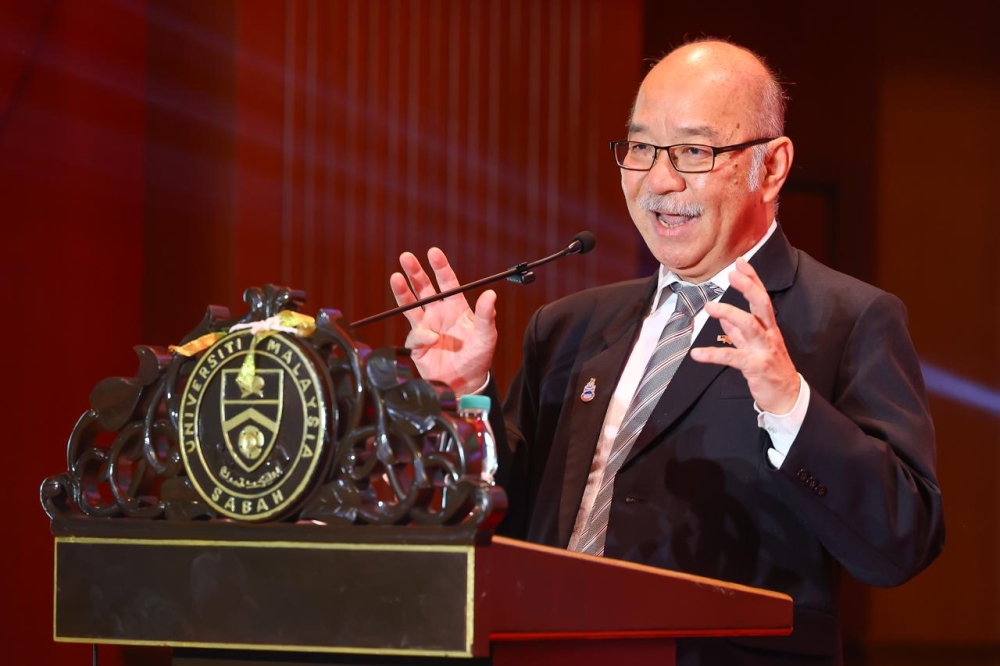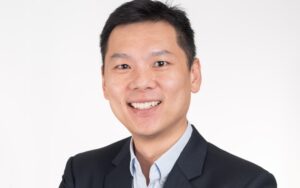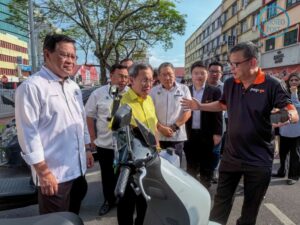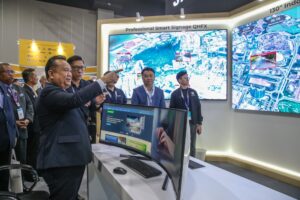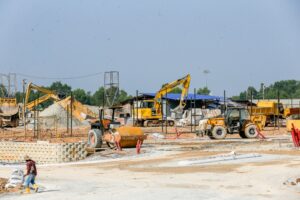KOTA KINABALU, Oct 24 — Sabah Progressive Party (SAPP) president Datuk Yong Teck Lee believes the political tide is turning in favour of a fully Sabah-run government, driven by rising political awareness, federal fatigue and the success of Sarawak’s local governance model.
The former chief minister said the sentiment has been building over the last decade and that the November 29 state election presents the best opportunity yet to turn the aspiration into reality.
“Sabahans today are more informed, more confident, and more determined to take charge of our own future. The ‘Sabah for Sabahans’ sentiment is now mainstream, not something KL can control anymore,” he said in a recent joint interview with Malay Mail, Malaysiakini and The Vibes.
He said SAPP, which recently pulled out of the ruling Gabungan Rakyat Sabah (GRS) coalition alongside Parti Solidariti Tanah Airku (STAR), remains open to working with other local parties towards a homegrown administration similar to Sarawak’s Gabungan Parti Sarawak (GPS).
“There are many local parties in Sabah. We’re looking at the Sarawak model, where only local parties form the state government. From the premier to village administration, there will be no outside influence.
“The political reality is that big parties will have to depend on smaller local ones to form the next government. We will contest selectively, but our candidates must be fearless in defending Sabah’s interests,” he added.
Yong traced the rise of autonomy politics to Umno‘s weakening after 2018, saying the internet had empowered citizens and exposed declassified British records warning that Sabah could one day lose its autonomy.
“The internet allowed people to access knowledge and engage in debates previously unheard of. New documents and declassified British records show that even back then, British officers worried Sabah would become colonised again under Malaya,” he said, using the old name for peninsular Malaysia.
“People are more educated now. They form opinions and ask questions. This awakening, combined with Umno‘s fall in 2018, created the perfect storm.”
Yong said frustration has deepened as federal control continues to dominate state funding, appointments and decision-making.
“The federal establishment uses delay tactics until they have a puppet government they can control. They are resisting the inevitable. This issue is much bigger than GRS or STAR. It’s about dignity,” he said.
According to Yong, autonomy would allow Sabah to respond faster to local issues such as floods, water shortages and economic management.
“If we had autonomy, we could disburse relief funds without waiting for federal agencies like Nadma. Our district officers could act immediately without depending on the due process,” he said.
Nadma is the acronym for the National Disaster Management Agency.
Yong added that autonomy would strengthen Sabah’s economy by giving the state direct control over land, resources and taxation, instead of depending on “federal charity and goodwill.”
In its proposal to the state government, SAPP listed several key demands, including:
- rights to the continental shelf and territorial sea,
- restoration of 35 parliamentary seats for Sabah and Sarawak,
- a Sabah IC to regulate citizenship and permanent residency,
- the return of Labuan to Sabah,
- and a change in the appointment process of the Yang di-Pertua Negeri.
Yong said the only meaningful autonomy restored so far was the state’s control over its energy sector through the Energy Commission of Sabah, established in October 2022.
“Sarawak has shown that it’s possible to be strong at home and respected in the federation. That’s what we want for Sabah, a government that answers only to Sabahans,” he said.
“We don’t want to be subservient, or to rely on federal handouts. The perfect storm is here, and this time, we can break the barrier.”
Acknowledging that SAPP has faced a political drought since the 1990s, Yong said the party’s resilience has kept it alive for 31 years.
“In 1994, we had three ministers in the state cabinet. But even then we knew there would come a time when we would lose everything. But we also knew we would rise again. This is that time,” he said.
He said more than half of SAPP’s current supreme council members now come from its youth wing.
“Our young leaders are well-prepared. They are the new face of Sabah politics,” said Yong, adding that the party’s values of resilience and reform would carry them through the next election.
He said SAPP’s persistence had paid off with the gazettement of Sabah Day in 2024 and the declassification of the Double Six tragedy report.
Expressing no regrets about leaving GRS, Yong said the decision stemmed from policy conflicts, including the coalition’s rejection of SAPP’s autonomy proposal and its plan to contest all 73 state seats.
“We have nothing to be afraid of, we know we are doing the right thing,” he said.
